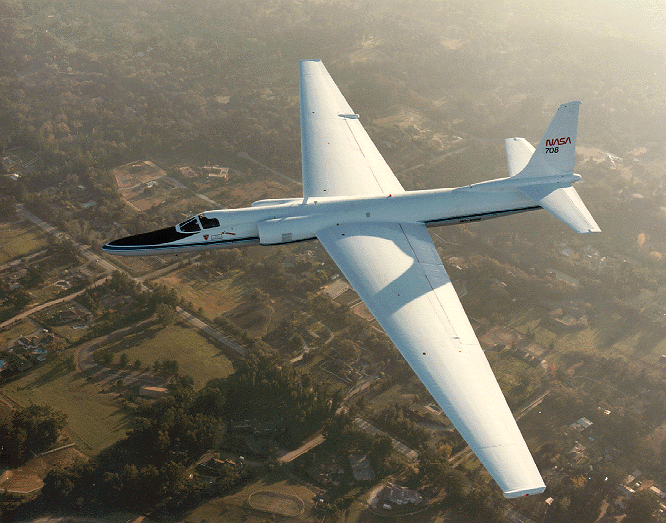It should surprise no one that the folks at NASA pay attention to the advice of scientists, particularly after years of having their own advice on climate science ignored. Just for the sake of repeating it, here’s where we’re at on the pandemic response: Epidemiologists and the experience of places like Italy indicate that all of our efforts should be in the direction of reducing the speed at which the disease spreads through the population. The basic arithmetic is pretty straightforward – a certain percent of those infected require hospital beds and ventilators. As the number of people infected rises, hospitals run out of resources, and have to start letting people go untreated. When that happens, the death rate rises from somewhere around 1-3%, to something closer to 10-15%. This is why Iran, which is suffering both from a badly planned response to the virus, and decades of economic sanctions, is reportedly digging mass graves.
Our job, as people who aren’t actively involved in the treatment of this pandemic, is to do everything we can to avoid catching COVID-19, and to avoid spreading it. In the case of NASA, this means that three climate science missions have been cancelled, following the confirmation that one of the scientists connected to the missions has tested positive for the virus.
“In addition, due to the current uncertainty about the coronavirus situation in the United States and its potential impact on travel during the next few weeks, three NASA Earth Science airborne science campaigns slated to deploy across the country this spring have rescheduled their field activity until later in the year. The campaigns are DeltaX, Dynamics and Chemistry of the Summer Stratosphere (DCOTTS), and Sub-Mesoscale Ocean Dynamics Experiment (S-MODE), which would include flights from Ames. The scientific returns of these projects are not expected to be impacted by this change of plans.
This delay in research is unfortunate, but necessary. The whole point of trying to do something about man-made climate change is to reduce the death and suffering that will come with the various predicted upheavals. Grounding these flights to help slow the spread of COVID-19 is in keeping with those ideals. Looking through history, it’s not hard to find examples of science being pursued without regard for the health, rights, or humanity of various human individuals or populations. That’s not a pattern we should be following, any more than we should be continuing the massive, profit-driven environmental destruction that came with those abuses. In that regard, this is a good example of how to respect human life while pursuing science.
At the same time, this can serve as a sort of early warning. As the global climate continues to destabilize, there will be more disruptions that get in the way of doing things like climate research. Emergencies will arise (or be manufactured), and the cost of responding to them will be used to justify defunding research, along with a great many other things that are designed to improve human health and happiness. Just as the Trump administration, and various other authoritarian governments around the world, suppressed testing and public awareness of the COVID-19 outbreak, similar regimes will suppress public understanding of climate change and the harm it is doing. Indeed, they have already spent a great deal of effort doing that, and as with this pandemic, it has made the whole situation much, much worse.
With so many suffering and dying from this disease, it would be a waste for us not to take as many lessons as we can, or to put them to work building a better future.


FWIW. It seems the new Mars rover is still going ahead onschedule :
https://www.space.com/nasa-mars-2020-rover-perseverance-july-launch-coronavirus.html?utm_source=notification
Pandemic or not.
Probably because it doesn’t involve transporting people across the planet.